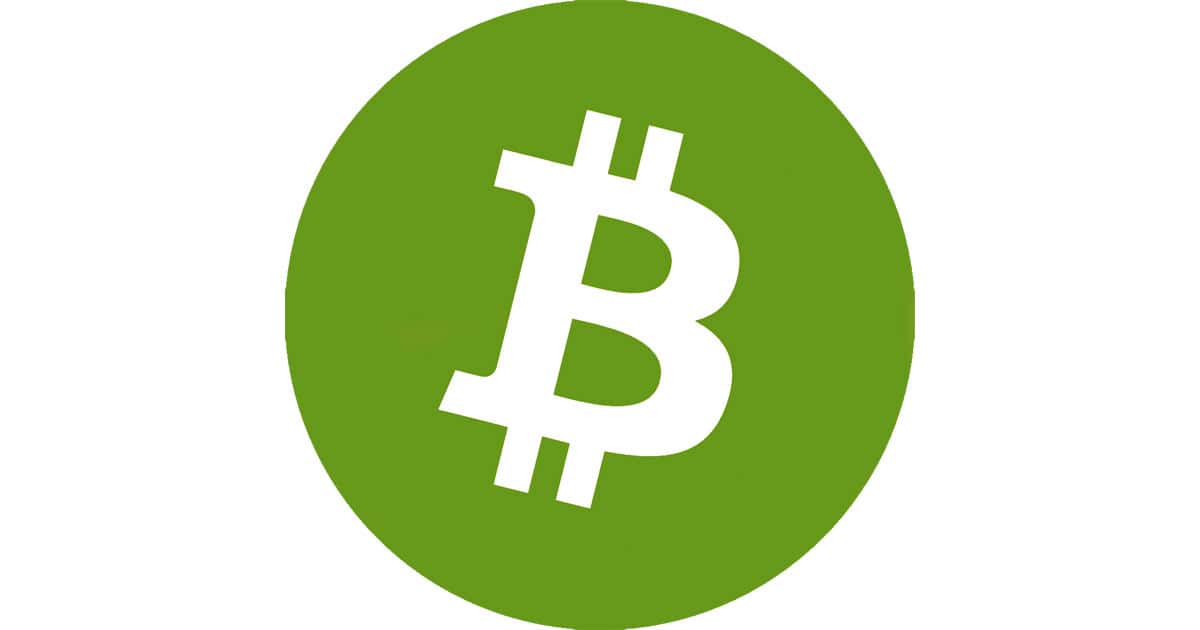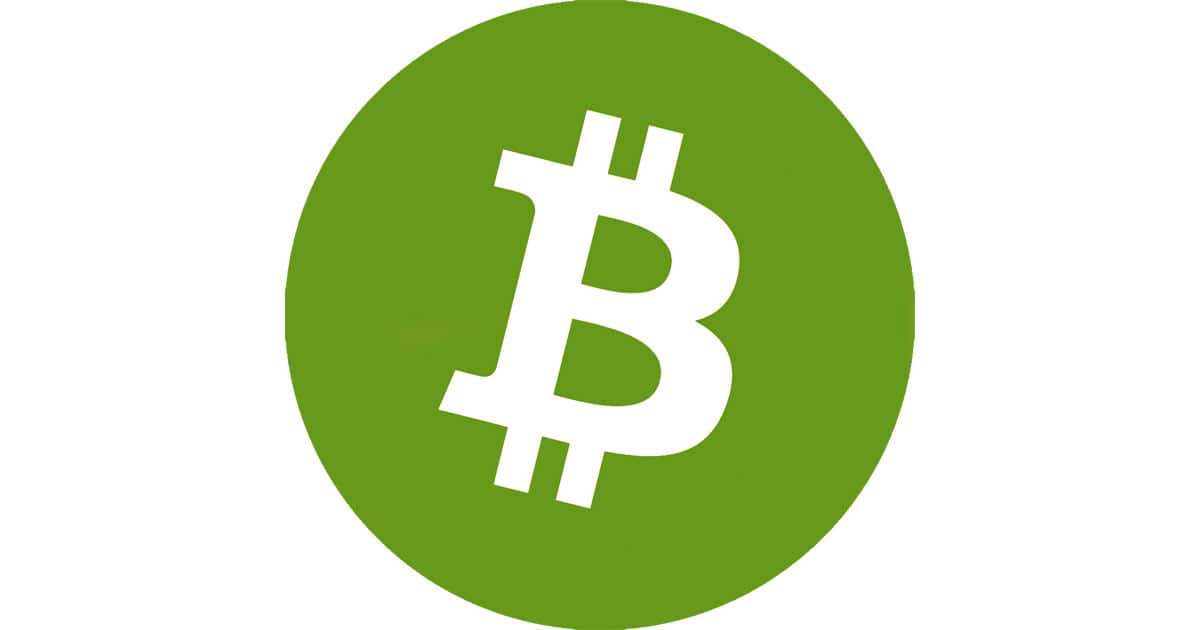Coinbase announced wallet support for Bitcoin Cash (BCH), the cryptocurrency created when Bitcoin (BTC) forked on August 1st, 2017. At the same time, the company’s dedicated trading platform, GDAX.com, added the ability to trade Bitcoin Cash. The moves sent Bitcoin down and Bitcoin Cash up, as investors moved from one cryptocurrency to the other.
[Update 9:45 PM EST: Bitcoin Cash is trading in the $3,300 mark on other exchanges, while trading at GDAX appears to be stalled, with a glitchy price of $8,500 being displayed. It doesn’t appear that any trades are actually taking place for the time being on GDAX while the firm works through opening trade glitches.]

As of this writing, Bitcoin was trading on GDAX at $16,666.62 $16,150, down 11.96% $14.52% on the day. Bitcoin Cash was trading at $3099.54 $8,500, up roughly 40% 286% on the day*. Bitcoin Cash had been moving up all day, likely as traders anticipated Coinbase’s move. Both cryptocurrencies remain highly volatile as I write this article.
Blockchain.info added full support for Bitcoin Cash wallets late last week, after announcing limited support in October.
Speculators Gonna Speculate
A lot of Tuesday’s price movement is little more than fluff on the wind as big boys and girls throw around money looking for some quick gains. It will take some time for the markets to absorb this particular change.
What makes Coinbase’s move have such an impact on trading is accessibility. Coinbase and its GDAX.com trading platform is the most easily accessible exchange to many U.S. residents. The firm cooperates with the Internal Revenue Service, and makes it easy for people to move money to and from U.S. banks and PayPal.
Adding support for Bitcoin Cash not only legitimizes Bitcoin Cash to one degree or another, it means that more people have easy access to buying or trading it. Hence the capital flight from Bitcoin to Bitcoin Cash, which may or may not be temporary.
Bitcoin Cash
If you’re wondering what Bitcoin Cash, here’s the quick and dirty: there’s been a long-simmering fight in the Bitcoin community over technical limitations in the Bitcoin platform. In particular, the network hasn’t been able to scale as much as it needs to cope with vastly increased transactions.
There have been many solutions offered to solve this, but with little agreement. One camp, which had the backing of some miners, advocated for larger block sizes to speed up the network.
When the full community of miners failed to follow their lead, the blockchain “forked” into two separate chains. Both chains have the exact same history until a particular block was mined on August 1st, but from then on, they went their separate ways.
This means that anyone who owned Bitcoin at the moment of the fork also owned the same amount of Bitcoin Cash. There have been other forks, but so far, Bitcoin Cash is the only one that has taken on a significant life of its own, including support from Coinbase and Blockchain.info.
*The strikethrough prices is what happened during the time it took me to write this piece.
